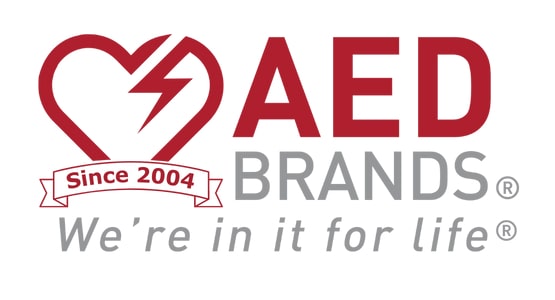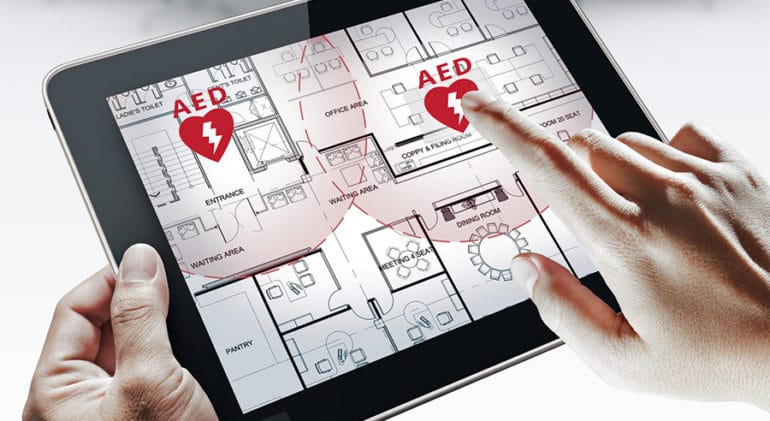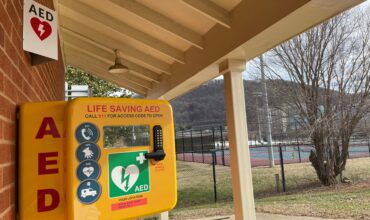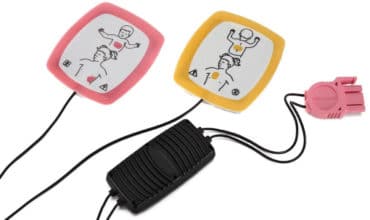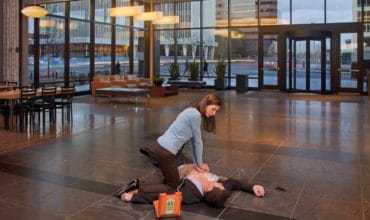
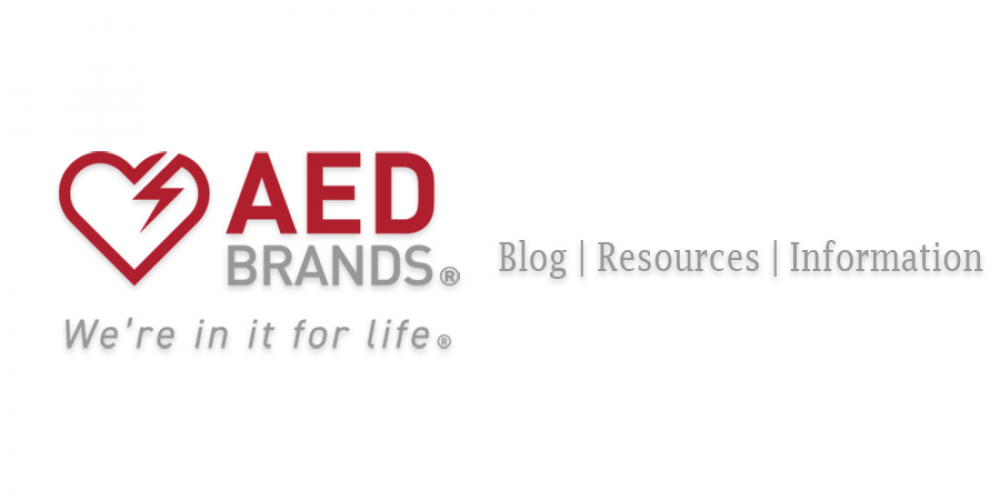
What is AED Training?
Our AED Training program is an all-in-one CPR/AED/First Aid course that includes 2-year certification, following 2015 guidelines and OSHA compliance. It covers adult, child, and infant CPR, choking care, AED use and safety, and responding to an emergency.
The course is taught on-site by professionals, with an instructor-to-student ratio of 1:12 and a class size of up to 12 students.
It requires in-person skills testing and covers other topics such as recovery position, bloodborne pathogens, medical emergencies, injuries, and environmental emergencies. Child/infant training is optional and included in the price.
Why AED Training is Important
Every year, more than 365,000 Americans suffer from an out-of-hospital cardiac arrest, which can be fatal unless life-saving techniques are performed promptly.
To reduce the high death toll of cardiac arrests, national organizations, including the American Heart Association, advocate for the implementation of public access defibrillator (PAD) programs with proper training for potential responders.
To ensure the effective use of AEDs, it’s crucial to provide training as part of AED program management. Not only does this give participants the skills to recognize the signs of cardiac arrest and use the AED correctly, but it also equips them with the knowledge of cardiopulmonary resuscitation (CPR).
CPR must be performed in conjunction with the use of a portable defibrillator to keep the blood flowing until emergency services arrive. Additionally, many states provide legal immunity for the use of defibrillators under Good Samaritan laws, making training even more important.
State Requirements for AEDs
As of the latest report, 45 out of 50 states in the US have laws that require training for people who might need to use an AED.
In 30 of those states, students are required to receive AED training before they can graduate from middle school, high school, or a certain grade level.
For more information regarding AED State Laws, please visit our State Laws Guide.
Cost Effective AED Training
The CPR, AED, and First Aid training course provided by EMS Safety Services, Inc. meets the standards set by OSHA and has been approved by various federal, state, local, and private organizations. To get more information, click here. This program can be taken as a standalone course or as part of a larger safety program. Being certified is a great way to benefit the workplace.
View cart “CPR/AED/First-Aid 2-Year Certification” has been added to your cart.
Why Get AED Certified?
When you call 911 for help, it usually takes first responders 8 to 12 minutes to arrive. Every minute that goes by without defibrillation reduces a person’s chances of survival by 10%. But you can make a difference by getting CPR/AED training, which only takes a few hours.
After you complete your training, you’ll get a certification in CPR/AED that’s valid for two years. During this time, you can always access materials to help you refresh your skills.
CPR and timely defibrillation likely saved the life of NFL star Damar Hamlin, who collapsed due to sudden cardiac arrest in the middle of a game. While not everybody is a paramedic, you too can learn the skills that can save a life.
Purchasing an AED Trainer Device
An AED trainer is a replica of an AED that doesn’t give shocks. This is a useful tool for instructors to teach students how to use an AED in different emergencies. AED trainers, like the popular Prestan units, come with reusable training electrodes and some even have a remote control for the instructor to use during training.
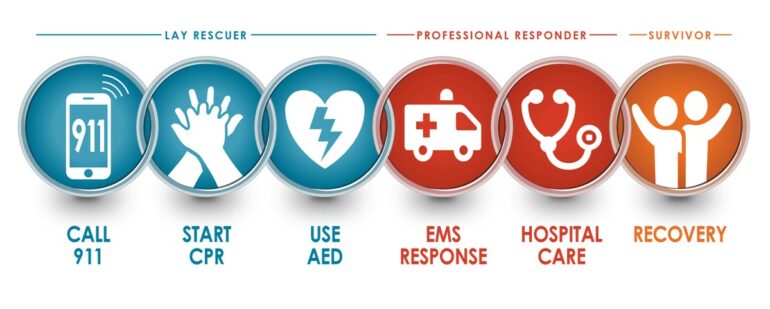
AED training is a course that teaches individuals how to use an Automated External Defibrillator (AED) in an emergency situation. The training covers CPR techniques as well as the proper use of an AED.
AED training is important because it equips individuals with the knowledge and skills necessary to save a life in the event of sudden cardiac arrest. With proper training, individuals can recognize the signs of cardiac arrest and use an AED to provide life-saving support until emergency services arrive.
AED training is recommended for anyone who might be present during an out-of-hospital cardiac arrest, such as employees in a workplace, teachers and staff in schools, and members of the community.
AED training typically takes just a few hours to complete. After training, individuals receive a two-year certification in CPR/AED.
AED training requirements vary by state, with 45 out of 50 states in the US requiring some level of AED training for potential responders. In some states, AED training is also required for graduation from middle school, high school, or a certain grade level.
Share
Share on facebook
Share on twitter
Share on linkedin
AED Brands
Implementation Guide
